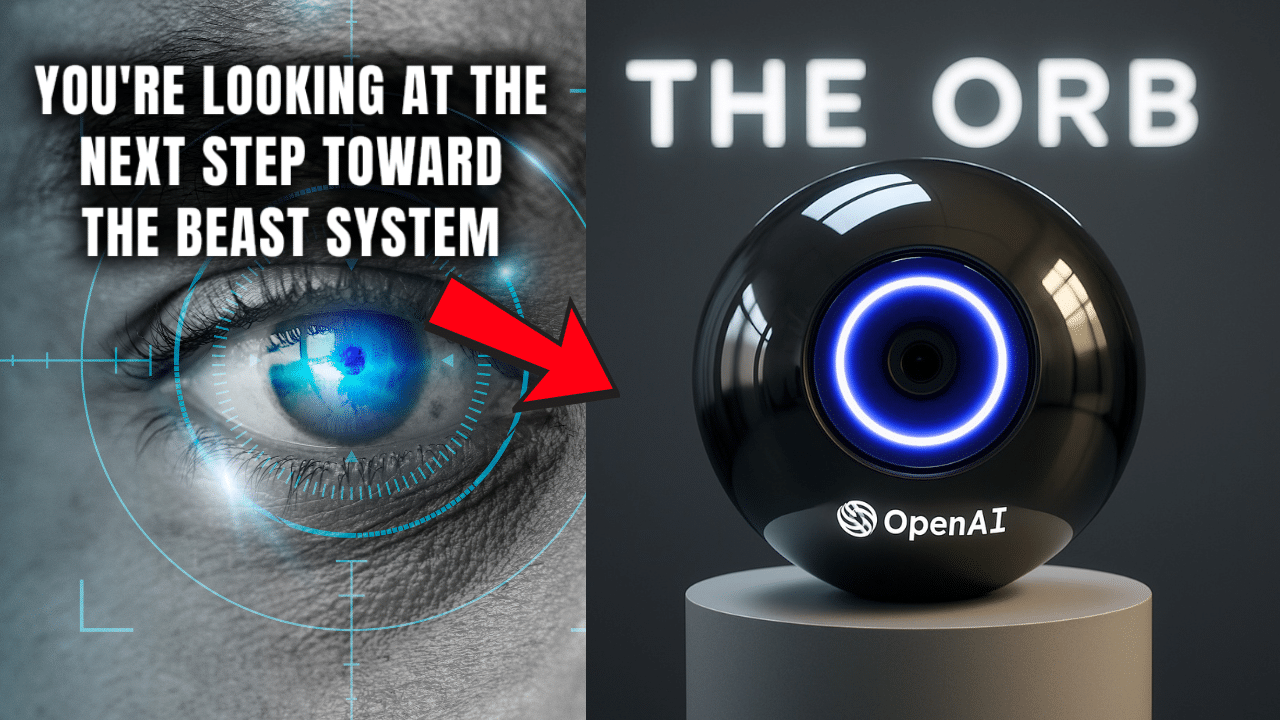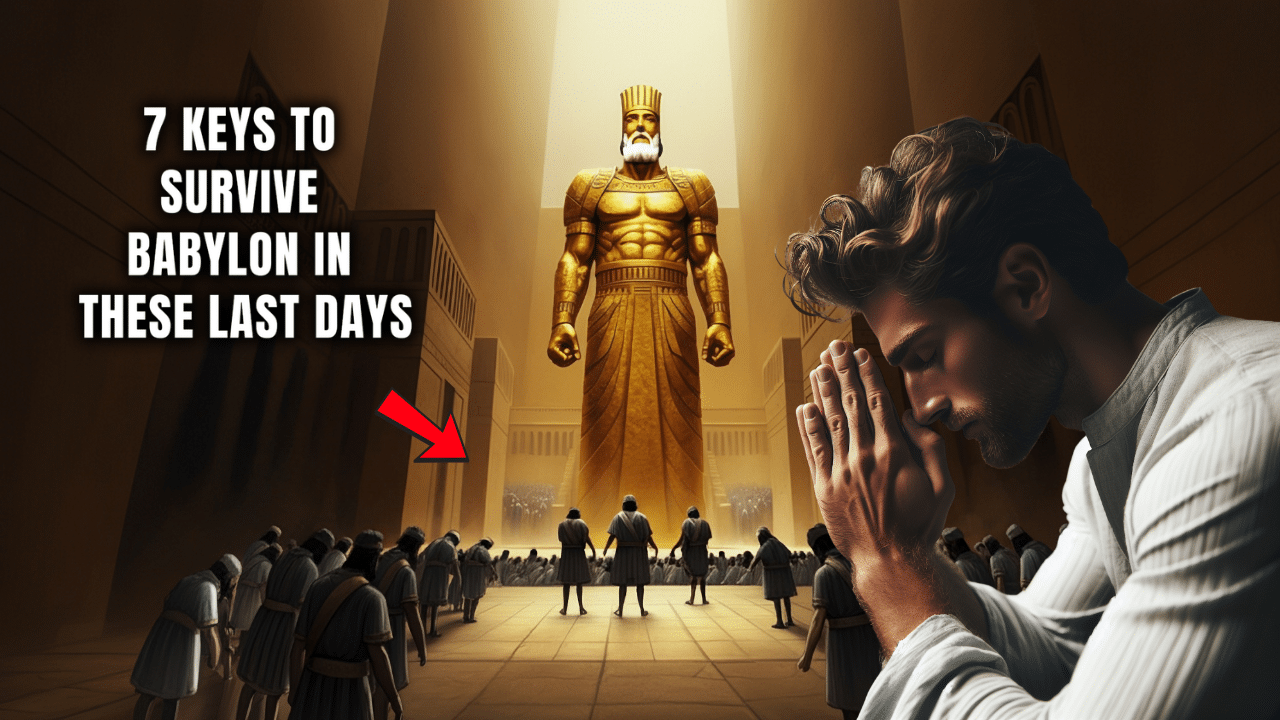(OPINION) Welp, it looks like the leftist decay has finally finished off whatever may have remained of the Libertarian Party. Gone are the days of Ron Paul calling for the government to end the Fed and Rand Paul’s defiance of COVID mandates.
The Libertarian Party selected former Georgia Senate candidate Chase Oliver as their presidential nominee on Sunday, spurning appeals for support over the weekend from both Donald Trump and Robert F. Kennedy Jr.
The selection of Oliver, who has described himself as “armed and gay” and whose third-party candidacy helped force a runoff in the Georgia Senate race in 2022, came a day after Trump suggested he would be the best nominee for the party, drawing a sustained chorus of boos.
The former president was deemed ineligible for the nomination by the Libertarian Party chair — Trump wrote on his social media platform that, as the Republican Party’s presumptive nominee, he could not have accepted the nomination, anyway — while Kennedy was eliminated in the first round of voting, receiving only 19 votes.
But even as they rejected him, Libertarian Party members feared Kennedy’s candidacy could do significant damage to their party, which typically receives around 1 percent or less of the national vote share — with Gary Johnson in 2016 being a notable exception, garnering more than 3 percent.
Many Libertarian Party members predicted Kennedy — who is polling historically high for a third-party candidate — would cut into the small share of the protest vote the party typically benefits from in presidential elections.
“We’re gonna lose ballot access in probably 22 states. We’re not gonna make more than half a percent,” said Larry Sharpe, a longtime Libertarian Party member who lost his bid for vice president at the convention.
“RFK sucks the money out of the room and he gets the ‘I’m mad at the system votes’ that we used to get because we’re the only other guy on the ballot.”
While Libertarian Party delegates said they weren’t persuaded by Trump or Kennedy, libertarians know that members aren’t the only ones who account for their vote share. And most states require a certain percentage of votes to maintain ballot access for the next election.
Oliver — who is aligned with a more traditionalist faction of the Libertarian Party, the Classical Liberal Caucus — clinched the nomination after almost 8 hours and seven rounds of voting.
He defeated a more hard-line Mises Caucus candidate by less than 1 percent in the penultimate round of voting, before delegates were asked to choose between Oliver and no candidate.
“Mises caucus pretty much versus everyone else is where we’re at,” said Adrian Malagon, the Mises-aligned chair of the California Libertarian Party. “I think there has to be a better understanding of what the mission is going to be going forward and better organization. I just don’t think it’s sustainable.”










